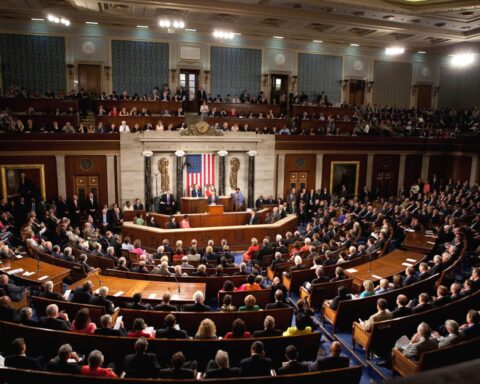Indian Prime Minister Narendra Modi has emphasized the need for worldwide cooperation in shaping regulations for cryptocurrencies during the annual Group of 20 (G20) summit.
As the current president of the G20, India has taken on the responsibility of championing the establishment of a comprehensive global structure to oversee the use of cryptocurrencies.
Comprising 19 nations and the European Union, the G20 represents major developed and emerging economies globally.
Its role in fostering international economic collaboration is crucial for fortifying the global economic architecture and governance concerning key international economic matters.
In an interview with a local newspaper, Modi discussed the significance of emerging technologies like blockchain and cryptocurrency.
He highlighted that the far-reaching impact of these technologies necessitates a global approach to their regulation.
Rather than being the domain of a single nation or a select group of countries, the rules, regulations, and framework should transcend borders.
Modi drew a parallel with the aviation sector to underscore his point. He likened the unified regulations governing air traffic control and air security to the regulation of emerging technologies like cryptocurrency.
Modi also stressed India’s active role in the discourse on cryptocurrency regulations:
“Under India’s leadership of the G20, discussions around cryptocurrency were broadened beyond merely ensuring financial stability to encompass its wider macroeconomic consequences, especially for economies that are still developing.
READ MORE: Bitcoin’s $20,000 Value Holds Steady Over Six Years When Adjusted for Inflation
Our leadership also organized informative seminars and dialogues that enhanced our understanding of crypto assets.”
On August 1, India issued a statement as part of its G20 presidency, outlining its perspectives on the global cryptocurrency framework.
The proposed guidelines align with existing recommendations put forth by the Financial Stability Board, the Financial Action Task Force, and the International Monetary Fund.
Furthermore, the statement included supplementary suggestions tailored to address the concerns of developing economies.
India’s pursuit of an international cryptocurrency framework has persisted despite its own domestic crypto regulatory landscape being marked by complexities, ambiguity, and substantial taxation.
In 2022, the nation imposed a 30% tax on cryptocurrency gains, triggering an exodus of emerging crypto enterprises and a steep decline in crypto trading activities.
Other Stories:
Co-founder of Tornado Cash Cryptocurrency Service Released on Bail
Former Worldcoin Insider Alleges Unlawful Practices and Mismanagement
IRS Proposes Simplified Reporting for Digital Asset Taxes, Faces Industry Scrutiny




